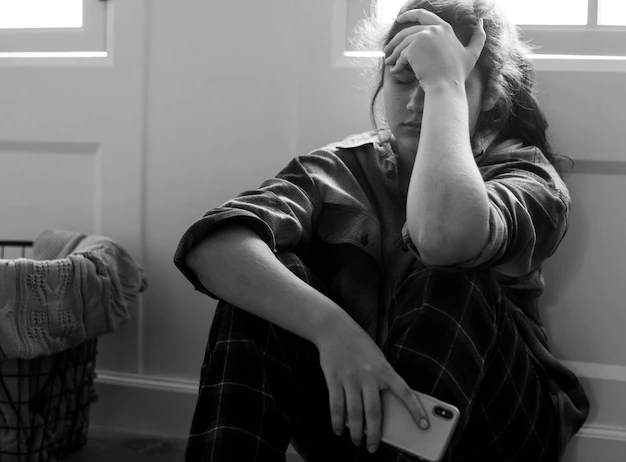Social media has become an integral part of the lives of teenagers worldwide, including those in South Africa. With the rapid advancement of technology and the widespread availability of smartphones, platforms such as Facebook, Instagram, Twitter, and Snapchat have gained immense popularity among the youth. While social media offers numerous benefits, there is growing concern about its impact on the mental health of South African teenagers.
One of the primary issues associated with social media use is its potential to contribute to feelings of inadequacy, low self-esteem, and negative body image. Teenagers are often exposed to carefully curated and edited content that showcases idealized versions of beauty, success, and happiness. This constant comparison to others’ seemingly perfect lives can lead to feelings of inadequacy and dissatisfaction with one’s own life, body, or achievements. In a country like South Africa, where there is already significant pressure to conform to societal standards, social media can intensify these pressures and negatively affect teenagers’ mental well-being.
Cyberbullying is another major concern associated with social media use among South African teenagers. Online platforms provide anonymity and a sense of detachment, which can embolden individuals to engage in hurtful and malicious behavior. Cyberbullying can lead to severe psychological distress, including anxiety, depression, and even suicidal thoughts. The impact of cyberbullying is magnified when combined with other offline forms of bullying, further exacerbating the negative consequences on teenagers’ mental health.
Moreover, excessive use of social media can contribute to sleep disturbances and addiction-like behaviors. The constant engagement with screens and the 24/7 accessibility of social media platforms can disrupt sleep patterns, leading to inadequate rest and fatigue. Sleep deprivation, in turn, can have detrimental effects on mental health, including increased irritability, poor concentration, and heightened vulnerability to mental health disorders.
While social media can have adverse effects on teenagers’ mental health, it is important to recognize that it also offers opportunities for support, connection, and self-expression. Online communities and support groups can provide a sense of belonging and understanding for teenagers facing mental health challenges. Social media platforms can also be used to raise awareness about mental health issues, share resources, and provide access to online counseling or helplines. By leveraging the positive aspects of social media, it is possible to create a healthier online environment for South African teenagers.
To address the impact of social media on teenagers’ mental health, a multi-faceted approach is required. First and foremost, there is a need for increased awareness and education about responsible social media use. Schools, parents, and mental health professionals should collaborate to teach teenagers about digital literacy, critical thinking, and healthy online boundaries. Encouraging open conversations about the potential negative effects of social media can empower teenagers to navigate the digital landscape more mindfully.
Furthermore, mental health support services should be easily accessible and widely available. South Africa faces significant challenges in terms of mental health resources, particularly in remote and underserved areas. Governments, NGOs, and relevant stakeholders need to work together to ensure that teenagers have access to affordable and culturally appropriate mental health services. This includes promoting teletherapy and online counseling options to reach teenagers who may be reluctant to seek in-person help.
In conclusion, while social media has become an integral part of the lives of South African teenagers, its impact on their mental health cannot be ignored. It is crucial to strike a balance between the positive aspects of social media and the potential risks it poses. By promoting responsible use, raising awareness, and providing adequate mental health support, South Africa can empower its teenagers to navigate the digital world in a way that fosters their well-being and promotes positive mental health.










